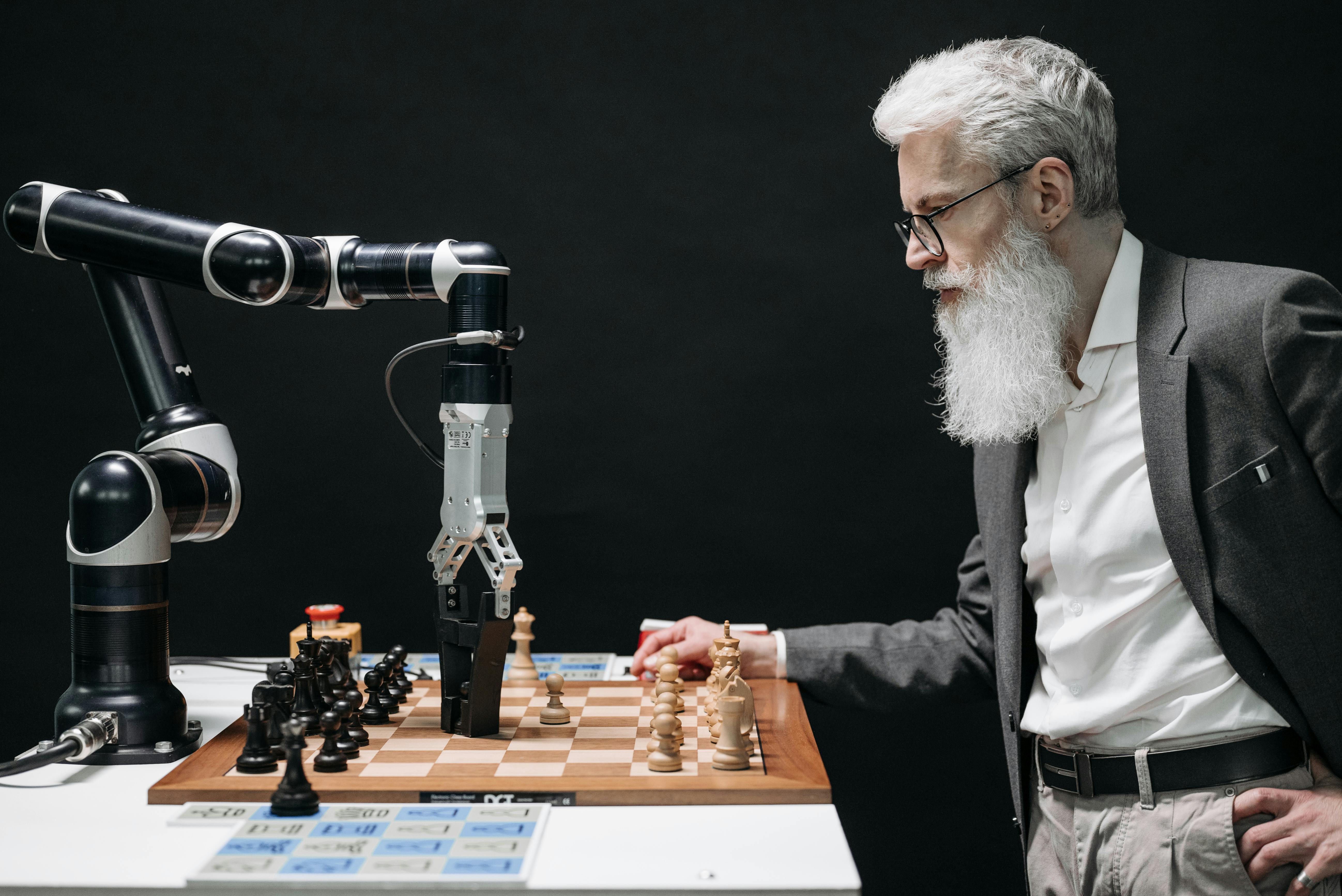C3PO Boosts Efficiency and Accuracy in Mixture-of-Experts Language Models

Top post
Increased Efficiency and Improved Accuracy in Mixture-of-Experts (MoE) Language Models through C3PO
Large language models (LLMs) based on the Mixture-of-Experts (MoE) architecture offer the potential to increase the performance of LLMs while reducing computational cost. An MoE model distributes the computational load across various specialized expert modules, each optimized for specific tasks or data domains. The selection of the relevant expert occurs dynamically during inference. However, current research indicates that the expert selection learned during pre-training is often suboptimal, leading to performance degradation.
A new study presents C3PO (Critical-Layer, Core-Expert, Collaborative Pathway Optimization), an innovative method for optimizing expert selection during inference. C3PO aims to adjust the weighting of experts in different layers of the model for each individual input to improve accuracy. Because the correct output for a new input is unknown during inference, C3PO uses a reference dataset and optimizes the expert weighting based on "successful neighbors" – similar inputs from the reference dataset for which the model has achieved good results.
The researchers propose three different approaches for selecting the "successful neighbors": mode search, kernel regression, and the average loss function of similar reference examples or tasks. To minimize computational cost, C3PO restricts the optimization to the weighting of the so-called "core experts" in the "critical layers" of the model. Experiments show that this strategy achieves comparable performance improvements to optimizing all experts, but requires significantly fewer computational resources.
The effectiveness of C3PO was evaluated on two current MoE LLMs and six common benchmarks. The results show a consistent improvement in accuracy of 7-15% compared to the base model. C3PO also significantly outperforms established test-time optimization methods such as In-Context Learning and Prompt/Prefix Tuning. Particularly noteworthy is C3PO's ability to enable MoE LLMs with 1-3 billion active parameters to surpass the performance of LLMs with 7-9 billion parameters. This underscores the potential of C3PO to further increase the efficiency of MoE models.
The study provides important insights into optimizing MoE models during inference and opens new avenues for improving the accuracy and efficiency of large language models. The targeted adaptation of expert selection based on similar inputs from a reference dataset proves to be a promising strategy for realizing the full potential of MoE architectures.
Developments in the field of MoE models are of great importance for companies like Mindverse, which offer AI-powered content solutions. More efficient and accurate language models are essential for the development of innovative applications such as chatbots, voicebots, AI search engines, and knowledge systems. The research findings on C3PO offer valuable impetus for the further development of these technologies and open up new possibilities for optimizing AI-based content workflows.
Bibliography: - https://arxiv.org/abs/2502.06205 - https://www.researchgate.net/publication/387107462_Engineering_of_Generative_Artificial_Intelligence_and_Natural_Language_Processing_Models_to_Accurately_Identify_Arrhythmia_Recurrence - https://huggingface.co/papers?q=external%20feedback - https://icml.cc/virtual/2024/session/35595 - https://news.ycombinator.com/item?id=42768072 - https://james.grimmelmann.net/files/articles/talkin-bout-ai-generation.pdf - https://xiangyuqi.com/arxiv-llm-alignment-safety-security/ - https://github.com/hiyouga/LLaMA-Factory/blob/main/data/alpaca_en_demo.json - https://bpb-us-e1.wpmucdn.com/sites.gatech.edu/dist/d/958/files/2024/01/Rohan-Paleja-PhD-Thesis23-80da07eae30a1f11.pdf - https://www.jscai.org/article/S2772-9303(23)01183-3/fulltext?uuid=uuid%3A5883ccdd-05d8-4e0d-b3cf-cae2059e406c.png)


